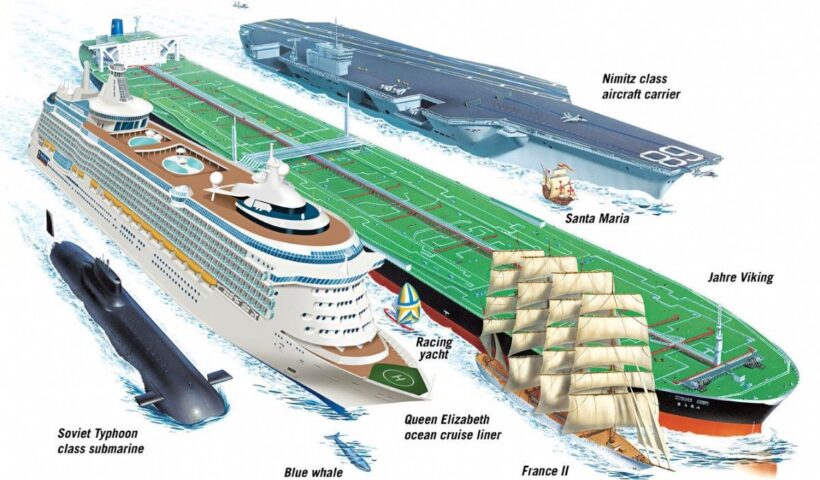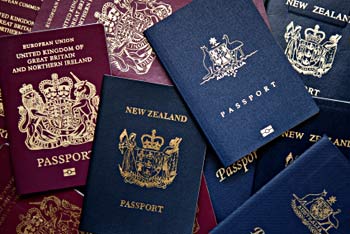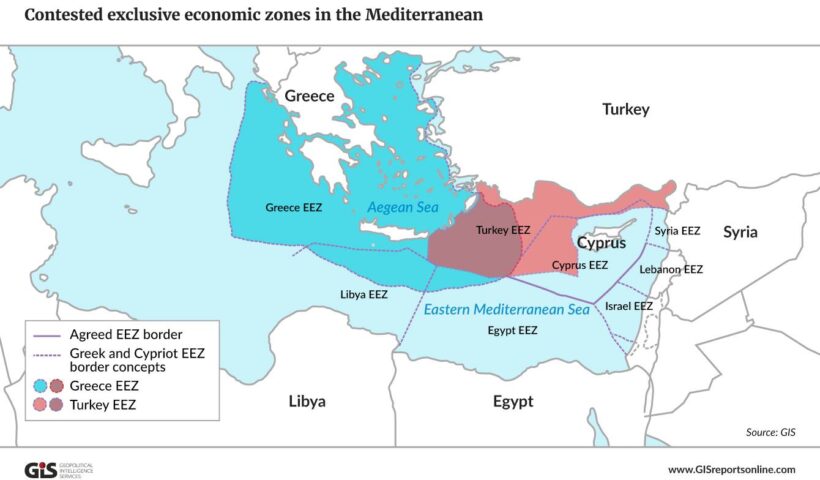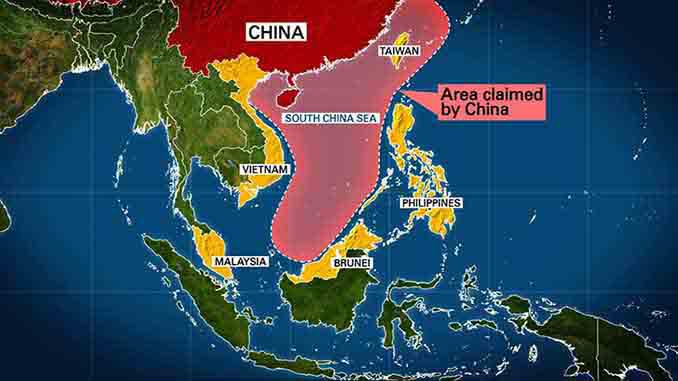“Ship” [and] “vessel” have the same, interchangeable meaning in the English language version of the 1982 LOS Convention. “Ship” is defined as a vessel of any type whatsoever operating in the marine environment, including hydrofoil boats, air-cushion vehicles, submersibles, floating craft and floating platforms. Where, e.g., “ship” or “vessel” is modified by other words, or prefixes or suffixes, as in the Article 29 definition of a warship, those particular definitions apply.
difference between “Ship” or “Vessel” in law of the sea, LOSC and customary international law, Difference between a ship and a vessel, LOS Convention, ship, UNCLOS, Vessel, warship, What defines a ship from a boat?, What does vessel mean?, What is the Difference Between a Boat?, What is vessel used for?
View More difference between “Ship” or “Vessel” in law of the sea, LOSC and customary international law




